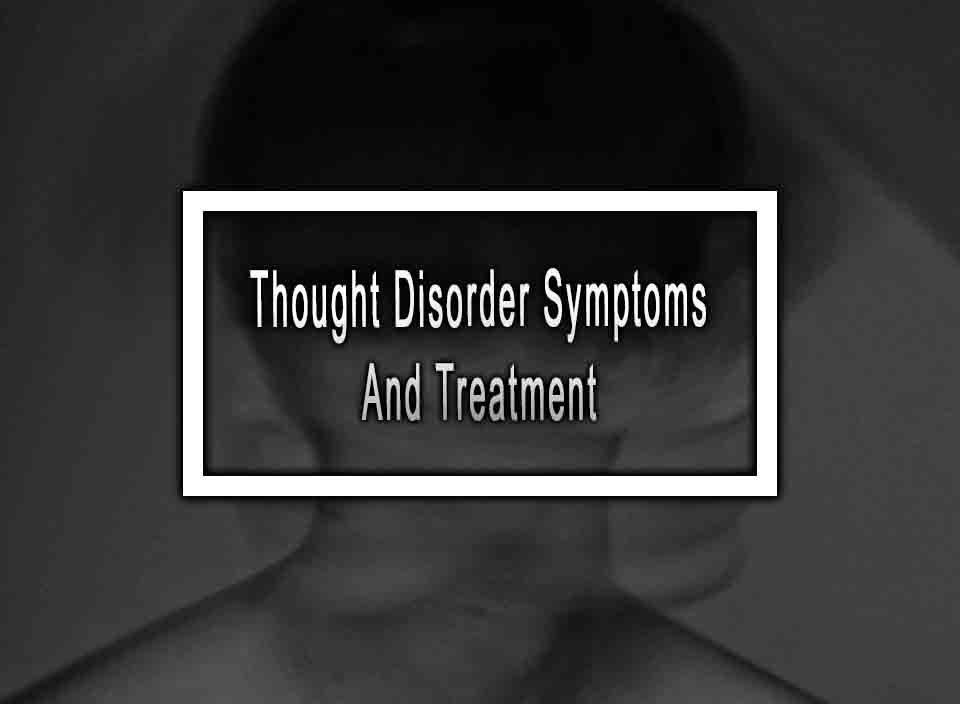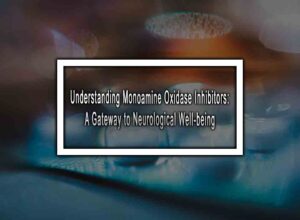Thought disorder is a condition that is characterized by abnormal thinking patterns that lead to difficulty in communication and expression. Persons with thought disorders experience a lack of coherence in their expression, speech, and writing. They may jump from one topic to another, say things that don’t make sense, and may even have delusions and hallucinations. This condition affects their daily lives negatively, making it hard for them to function normally. Fortunately, treatment options are available for persons with thought disorders, which can bring significant relief from symptoms. This article discusses the symptoms of thought disorder and the treatment options available.
Table of Contents
ToggleSymptoms of Thought Disorder
There are various symptoms of thought disorder, which vary from person to person. Some individuals may only experience a few of these symptoms while others experience many of them. The following are some common symptoms of thought disorder:
Disorganized Speech
Individuals with thought disorders often have difficulty organizing their speech. They may start talking about one topic but quickly shift gears to a completely unrelated one. They may also use words that are unfamiliar to others, and their sentences may lack structure or logic.
Delusions
Delusions are false beliefs that people with thought disorders hold despite facing contradictory evidence. For example, a person may believe that they are being persecuted, even though there is no evidence of this.
Hallucinations
Hallucinations are sensory experiences that are not based on reality. Persons with thought disorders may hear, see, smell, or feel things that are not present.
Cognitive Issues
Persons with thought disorders often experience difficulty in processing and retaining information. They may find it hard to concentrate, learn, or remember things.
Emotional Challenges
Individuals with thought disorders may experience emotional disturbances. They may have difficulty expressing their emotions, or they may have sudden mood changes.
Treatment of Thought Disorder
Medication
Medication is an effective treatment for thought disorders. Anti-psychotics are often used to help manage symptoms like delusions and hallucinations. These medicines work by affecting the neurotransmitters in the brain, which are responsible for transmitting messages between neurons. The medication helps to regulate the neurotransmitters, alleviating the symptoms of thought disorder.
Therapy
There are various types of therapy that have been found to be effective in treating thought disorders. Cognitive-behavioral therapy (CBT) is one such therapy. It helps individuals learn how to identify and manage negative thought patterns. CBT also provides coping strategies to help individuals deal with stressful situations. Family therapy is another option. It helps to educate family members about the condition and provides them with the necessary tools to care for their loved ones.
Hospitalization
In severe cases, hospitalization may be necessary. Hospitalization provides a safe and controlled environment where individuals with thought disorders can receive 24-hour care. In these settings, they can receive medication, therapy, and other forms of treatment.
Support Groups
Support groups provide individuals with thought disorders a safe space where they can connect with others who are experiencing similar challenges. Support groups offer emotional support, encouragement, and practical advice for managing the condition.
Conclusion
Thought disorder is a challenging condition that can have significant implications for an individual’s daily life. However, with the right treatment, it is possible to manage the symptoms effectively. Medication, therapy, hospitalization, and support groups are all options that can help individuals with thought disorders lead productive and fulfilling lives. It is crucial to seek treatment as early as possible when symptoms appear, as this helps to improve the chances of successful treatment. With the right support, individuals with thought disorders can overcome challenges and lead successful lives.
Thought Disorder FAQ
Here are the most common questions about thought disorders.
What are the types of thought disorders?
There are several types of thought disorders, including:
- Schizophrenia: This is a serious mental disorder characterized by a combination of symptoms such as delusions, hallucinations, disorganized thinking and speech, and abnormal behaviors.
- Bipolar disorder: This is a mental illness that causes severe mood swings, from extreme highs (mania) to extreme lows (depression).
- Obsessive-compulsive disorder (OCD): This is a mental disorder that causes people to have unwanted, intrusive thoughts and repetitive behaviors.
What causes a thought disorder?
The causes of thought disorders are not fully understood, but they are believed to be caused by a combination of genetic, environmental, and biochemical factors. Risk factors can include a family history of mental illness, substance abuse, and traumatic experiences.
How are thought disorders treated?
Treatment for a thought disorder will depend on the type and severity of the disorder. Medication, psychotherapy, and behavioral therapy can be effective in treating thought disorders. In severe cases, hospitalization may be necessary. Lifestyle changes such as reducing stress, getting enough sleep, and avoiding alcohol and drugs can also help manage symptoms.
Can a thought disorder go away on its own?
It is unlikely for a thought disorder to go away on its own without treatment. However, with proper treatment and management, symptoms can be reduced and managed effectively. Seeking professional help as soon as possible is important in managing a thought disorder.
How can loved ones support someone with a thought disorder?
Supporting someone with a thought disorder can be challenging, but there are ways to offer support. It is important to educate yourself about the disorder, communicate effectively and consistently, and offer emotional support and encouragement. Encouraging them to seek professional help and medication management can also be important in their treatment and recovery. Finally, practicing self-care is important for both the individual with the disorder and their loved ones.
Can a person with a thought disorder lead a normal life?
Yes, a person with a thought disorder can lead a normal life with proper treatment and management. Treatment can help reduce and manage symptoms, allowing the individual to function better in their daily life. However, it is important to note that managing a thought disorder can be an ongoing process, and some individuals may require medication and therapy for an extended period. With the right support and care, many individuals with a thought disorder can live fulfilling and productive lives.
More like this: What Is Conduct Disorder












